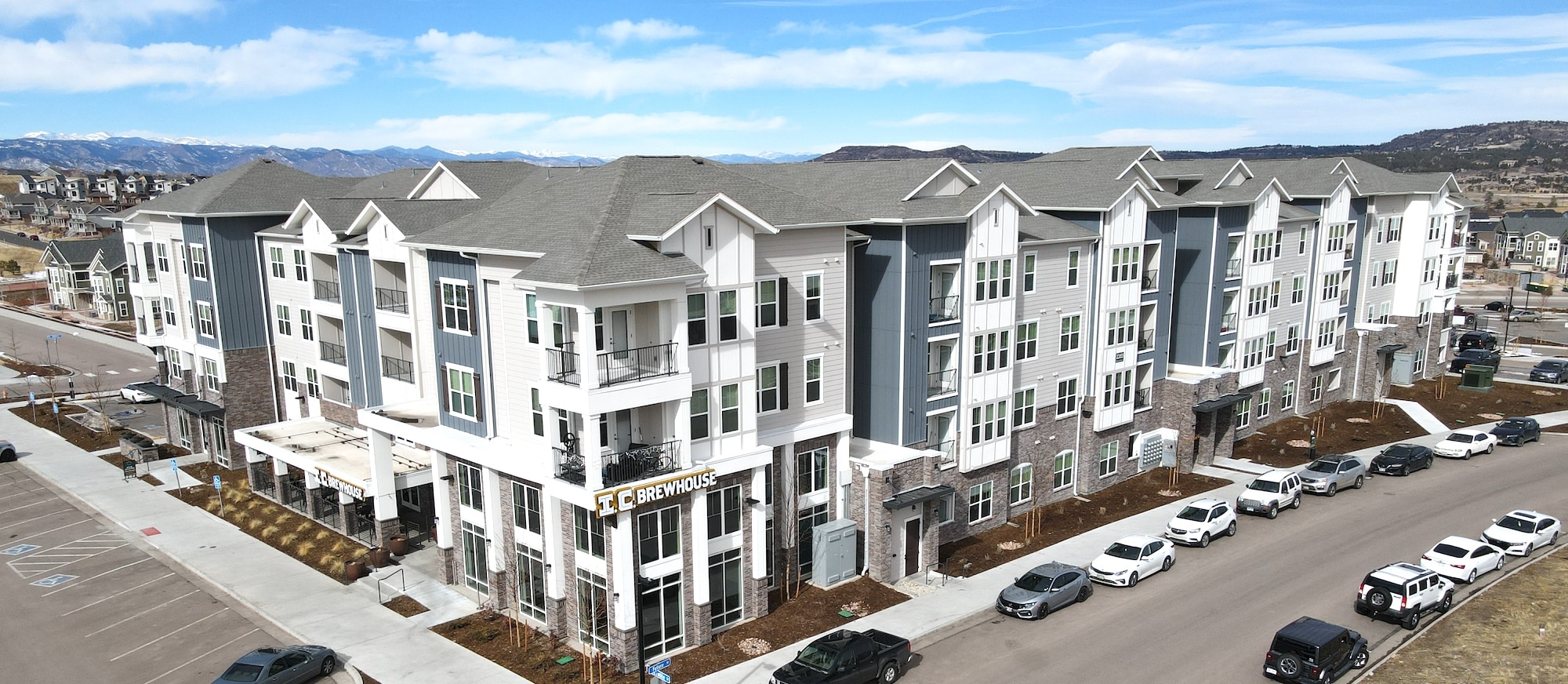Table of Contents
#1 What Is The Cheapest Roofing Material
When it comes to roofing materials, homeowners often face a tough decision. A new roof is a significant investment, and choosing the right material can greatly impact your budget. If you’re looking for cost-effective options, you’re in the right place. #1 What Is The Cheapest Roofing Material
Today, we’ll help you understand:
- The cheapest roofing material available
- Their costs
- The pros and cons
We’ll also provide alternatives to help you make an informed decision for when you’re ready to start your next roofing project.
The Cheapest Roofing Material: Asphalt Shingles

An asphalt shingle roof isn’t just the most affordable roofing material….it’s also one of the most popular roofing materials! Here are just a few of the reasons homeowners across the country gravitate towards them. #1 What Is The Cheapest Roofing Material
💰 Cost
Among the most budget-friendly roofing options, asphalt shingles are the clear winner in terms of affordability. On average, asphalt shingles cost between $1.50 and $5.00 per square foot, including installation. The cost can vary based on factors like the type of shingle, the complexity of the roof’s design, and labor expenses. #1 What Is The Cheapest Roofing Material
✅ Pros:
- Affordability: Asphalt shingles are widely regarded as the cheapest roofing material available, making them an attractive choice for budget-conscious homeowners. #1 What Is The Cheapest Roofing Material
- Ease of Installation: Roofing professionals are well-versed in installing asphalt shingles, which results in quicker and less expensive installation compared to some other materials. #1 What Is The Cheapest Roofing Material
- Variety: Asphalt shingles come in a wide range of colors and styles, allowing homeowners to choose a look that complements their home’s aesthetics. #1 What Is The Cheapest Roofing Material
- Decent Lifespan: While not as durable as some other materials, asphalt shingles can still last 15-30 years with proper maintenance. #1 What Is The Cheapest Roofing Material
- Repairs are Manageable: In case of damage, repairs are relatively easy and inexpensive to perform, as individual shingles can be replaced without needing a complete roof overhaul.

❌ Cons:
- Durability: Asphalt shingles are less durable than some other roofing materials, making them susceptible to damage from severe weather conditions, such as hail or strong winds. #1 What Is The Cheapest Roofing Material
- Shorter Lifespan: Although reasonably long-lasting, asphalt shingles tend to have a shorter lifespan compared to premium materials like metal or slate. #1 What Is The Cheapest Roofing Material
- Environmental Impact: Asphalt shingles are petroleum-based products, which may not be the most eco-friendly option for those concerned about sustainability. #1 What Is The Cheapest Roofing Material
Alternative Roofing Materials
While asphalt shingles are the most budget-friendly option, it’s important to consider alternatives that may better suit your needs and preferences. Here are some alternative roofing materials, along with their costs, pros, and cons:
1. Metal Roofing
💰Cost:
Metal roofing typically ranges from $5.00 to $15.00 per square foot, including installation. The cost can vary based on the type of metal (e.g., steel, aluminum, copper), style, and location. #1 What Is The Cheapest Roofing Material
✅ Pros:
- Longevity: Metal roofs can last 40-70 years or more, significantly outlasting asphalt shingles.
- Durability: They are resistant to fire, rot, and insect damage and can withstand harsh weather conditions.
- Energy Efficiency: Reflective metal roofs can help reduce energy costs by reflecting sunlight and reducing heat absorption.
- Low Maintenance: Metal roofs require minimal maintenance and are easy to clean.
❌ Cons:
- Initial Cost: The upfront cost of metal roofing is higher than asphalt shingles, though it pays off in the long run due to its longevity.
- Noise: Some people find metal roofs noisy during heavy rainfall or hailstorms, although insulation can mitigate this issue.
- Dent Risk: Hail or falling objects can dent metal roofing, affecting its appearance. #1 What Is The Cheapest Roofing Material
2. Wood Shingles or Shakes
💰Cost:
Wood shingles or shakes typically cost between $7.00 and $12.00 per square foot, including installation.
✅ Pros:
- Aesthetic Appeal: Wood shingles and shakes offer a natural and rustic appearance that many homeowners find attractive.
- Insulation: Wood roofing provides natural insulation, helping regulate indoor temperatures.
- Renewable Material: If sourced responsibly, wood roofing can be an eco-friendly option. #1 What Is The Cheapest Roofing Material
❌ Cons:
- Maintenance: Wood roofing requires regular maintenance, including staining and sealing, to prevent rot and decay.
- Durability: Wood roofing is susceptible to fire, insects, and moisture, which can reduce its lifespan.
- Costly Repairs: Repairing or replacing damaged wood shingles can be expensive.
3. Clay or Concrete Tiles

💰Cost:
Clay or concrete tiles typically cost between $10.00 and $20.00 per square foot, including installation.
✅ Pros:
- Durability: These tiles can last 50-100 years or more, making them a long-term investment.
- Aesthetic Variety: They come in various shapes, colors, and styles, allowing for customization to match your home’s design.
- Energy Efficiency: The thermal mass of tiles can help regulate indoor temperatures.
❌ Cons:
- Weight: Clay and concrete tiles are heavy, and some roofs may require reinforcement to support their weight.
- Costly Installation: Professional installation is necessary, and the labor costs can be higher due to the complexity of the process.
- Fragility: Tiles can break or crack under extreme impact, such as falling tree branches or heavy hail.
4. Composite or Synthetic Roofing
💰Cost:
Composite or synthetic roofing materials typically range from $6.00 to $12.00 per square foot, including installation.
✅ Pros:
- Durability: These materials are designed to be highly durable and resistant to weathering and UV damage.
- Lightweight: They are lighter than many other roofing materials, reducing the need for additional structural support.
- Low Maintenance: Composite roofing requires minimal maintenance, with excellent resistance to rot and pests.
❌ Cons:
- Cost: While not as expensive as some premium materials, composite roofing can still have a higher initial cost than asphalt shingles.
- Appearance: Some homeowners may prefer the natural look of other materials over synthetic options.
- Environmental Impact: The production of synthetic roofing materials may have environmental implications.
Conclusion
Choosing the cheapest roofing material for your home involves a balance between budget considerations, durability, and aesthetic preferences. Asphalt shingles are undeniably the most affordable option, making them suitable for many homeowners. However, it’s essential to weigh the pros and cons of alternative materials, such as metal, wood, clay or concrete tiles, and composite roofing, to determine what suits your needs best.
Still unsure what route you want to take? Tectum Roofing can help. Contact our team today to get expert advice on your roofing materials.



